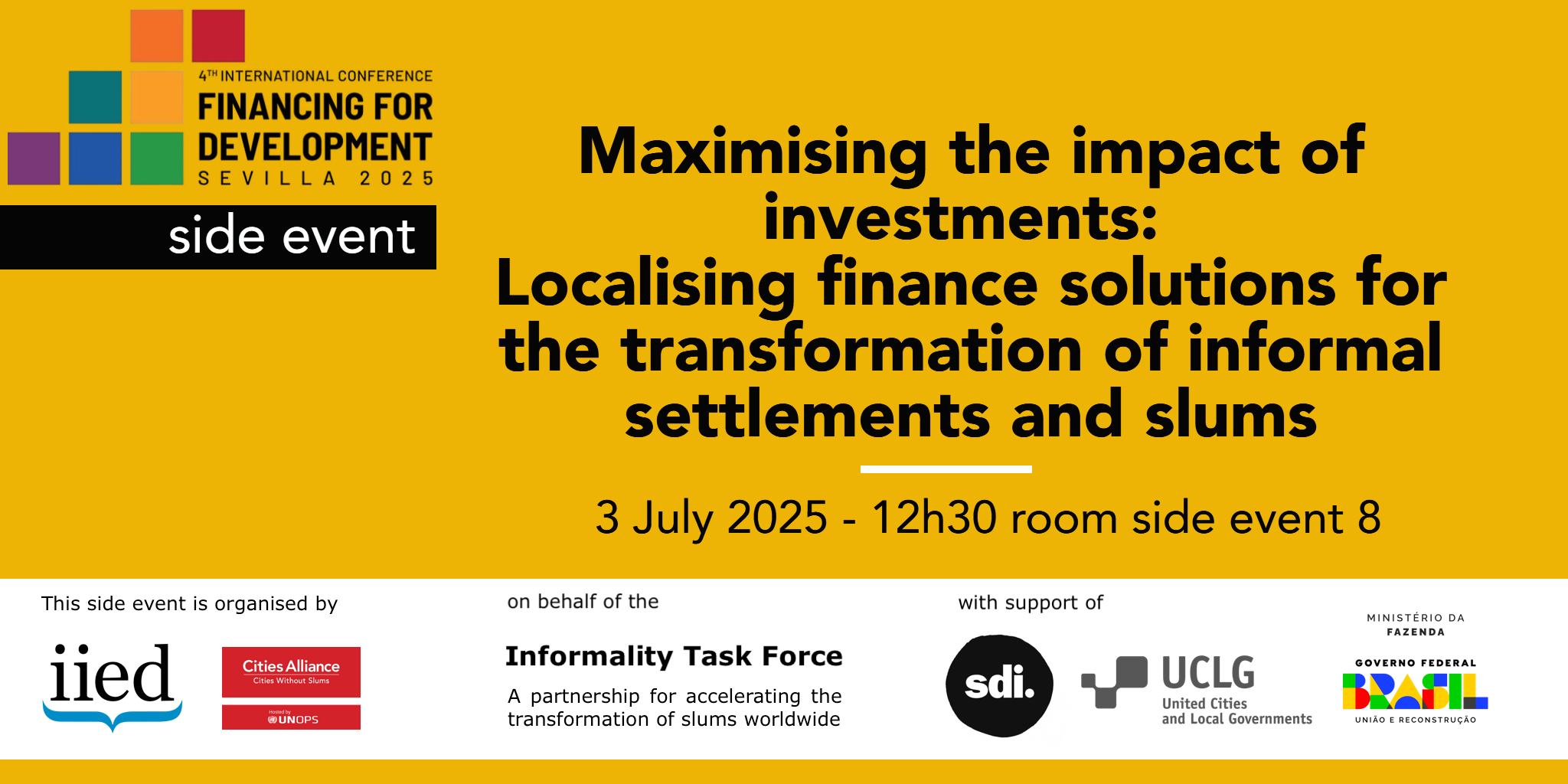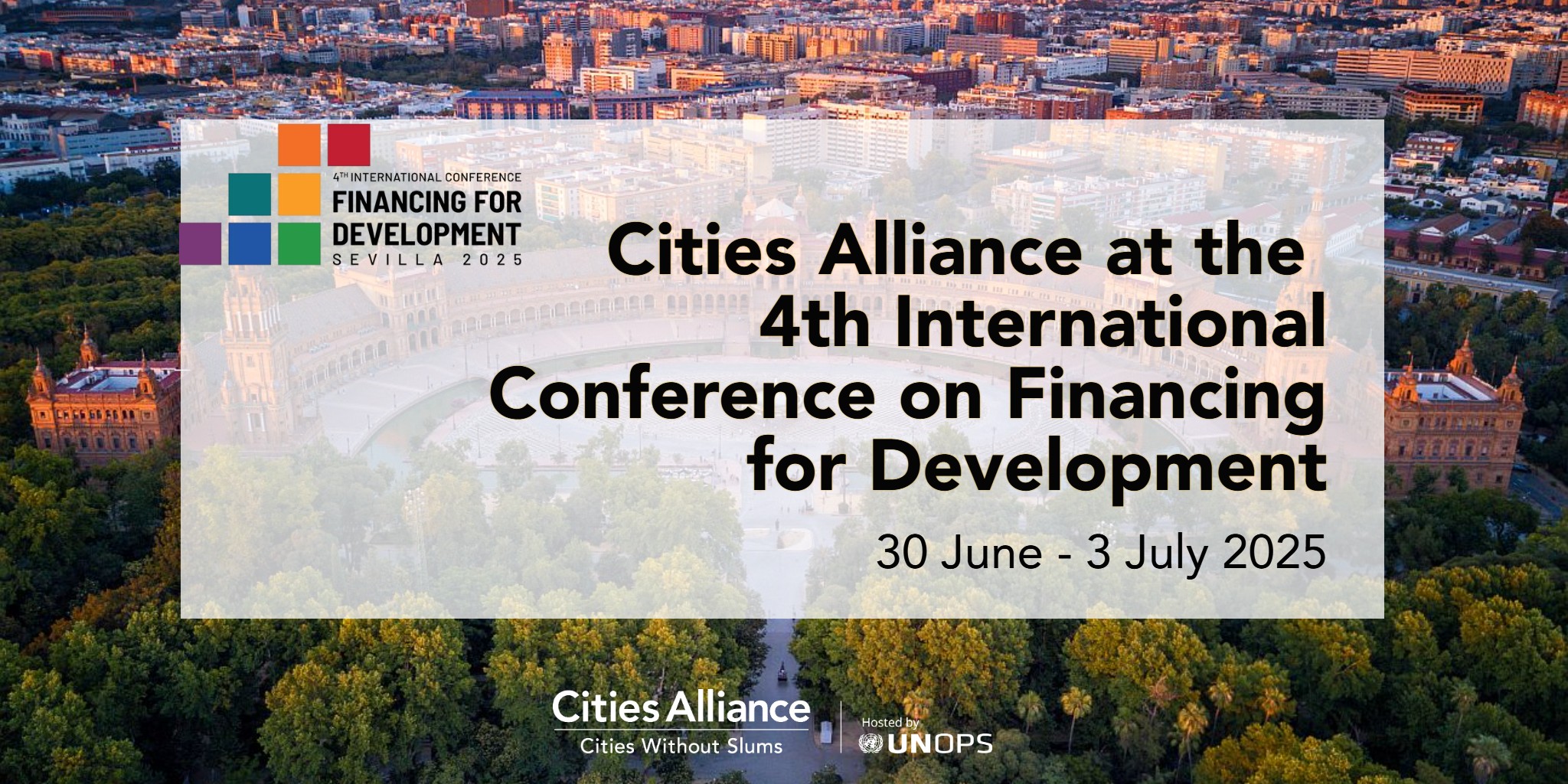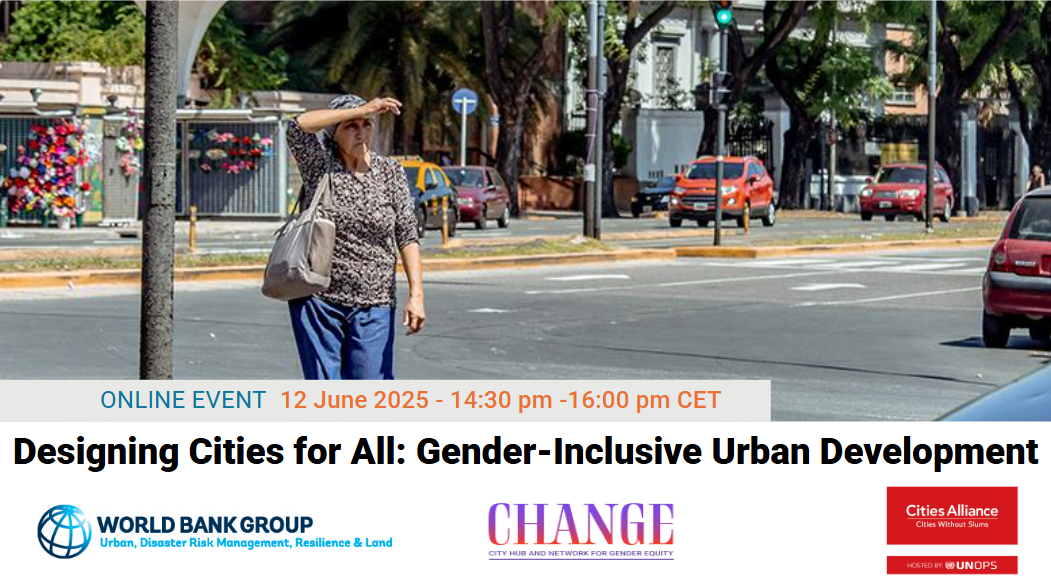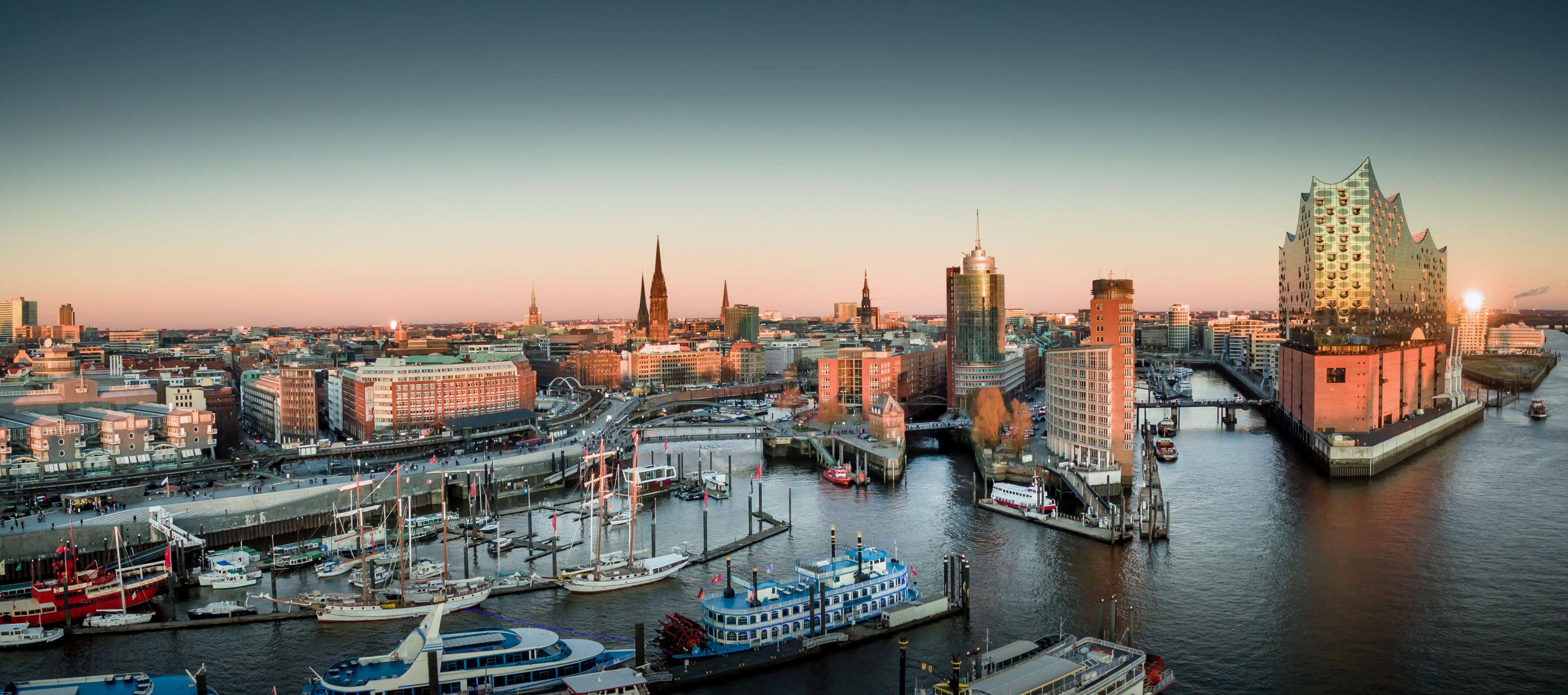- Who We Are
- How We Work
- Regional / Country Initiatives
- Legacy
- Core Themes
- Working Groups
- Portfolio & Results
- Newsroom
- Resources
Housing Laboratory (LAV) No. 1 Liberia: Solid Waste Management
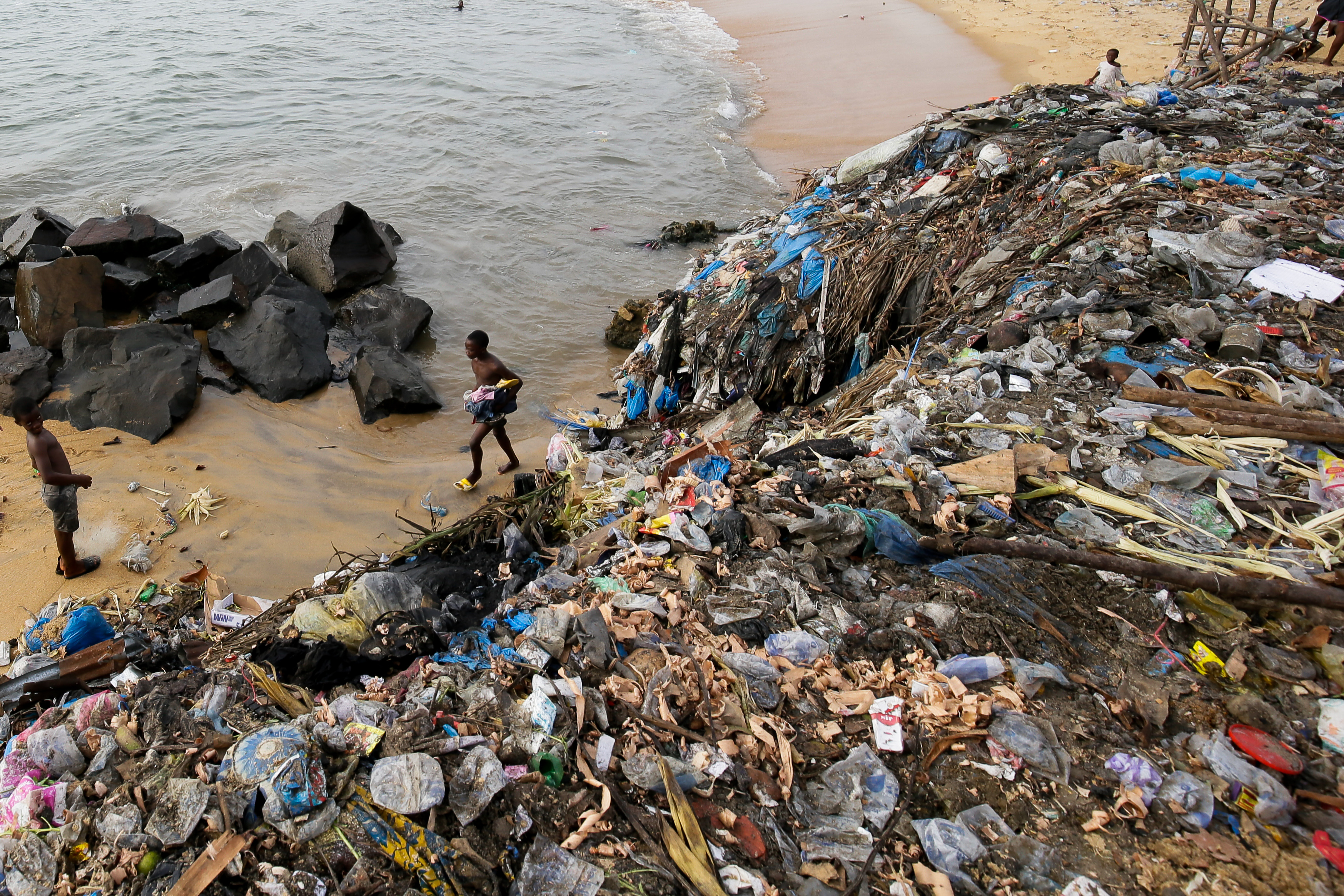
A Perspective on Environmental Sustainability and Urban Informality in Greater Monrovia.
Housing Laboratory (LAV) Liberia
Solid Waste Management: A Perspective on Environmental Sustainability and Urban Informality
Webinar on 26th of November 2020, 15:00 CET
Solid waste management and disposal is an overwhelming task for municipal authorities in Liberia, who face severe constraints in tackling the mounting waste situation. Within Greater Monrovia, solid waste management (SWM) is vested within city corporations. In addition, the Government of Liberia (GoL) has also established agencies such as EPA and the WASH Commission to enhance SWM efforts. However, mandates for these agencies seem to crosscut, resulting in a duplication of monitoring, supervision, regulation, and enforcement activities and a waste of resources.
Currently, municipal authorities are largely using landfilling to solve the solid waste problem. The cities lack the capacity to adequately utilize other options such as recycling or energy recovery. Landfilling represents the least desirable option in the waste management hierarchy where the priority is waste prevention, followed by minimization, reuse, recycling, energy recovery, and disposal.
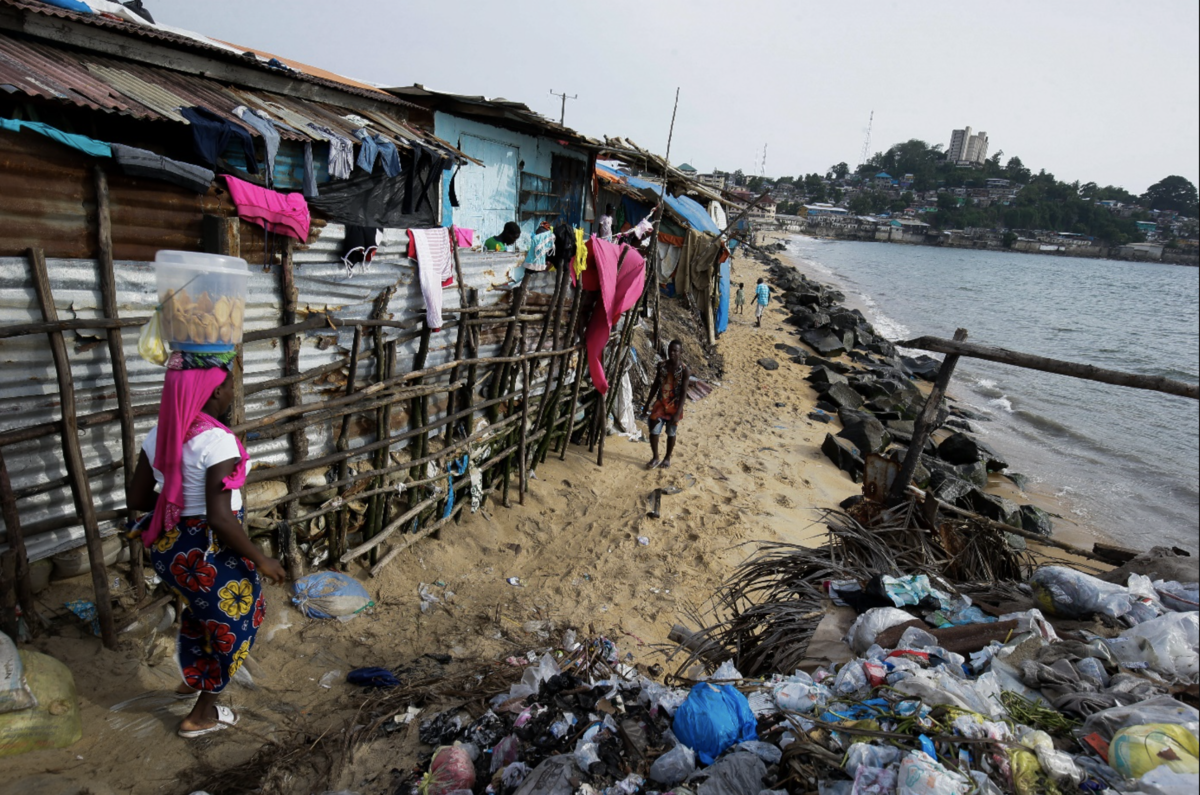
In Greater Monrovia, waste is tied to health concerns, especially in the context of COVID-19. The spread of disease, coupled with the increasingly adverse effects of climate change create a very unfavourable urban environment. How Greater Monrovia responds to these challenges will shape the future urban environment.
The webinar discussion will centre around the following questions:
- What SWM model would better suit cities with limited budgetary allocations and limited capacity to collect, sort, recycle, or compost waste?
- How can a city run and sustain an effective Solid Waste Management system through Public Private Social Partnerships and why do some PPPs fail?
- What are the possibilities and potentials in Greater Monrovia in terms of SWM?
- What land management tools (plans and regulations) can support an effective SWM strategy at local level?
- How to address SWM in informal settlements?
The laboratory (LAV) will emphasize the importance of strengthening local government capacities while supporting partnerships with both the private and social sectors as well as associations and joint ventures. The LAV intends to explore a global perspective on SWM and to showcases experiences based on collaboration. It will highlight best practices from WIEGO and from local governments in Guatemala and South Africa on SWM that could offer potential alternatives for the decentralization process in Liberia through cooperative efforts in Greater Monrovia area and beyond.
This is the first of a series of two LAV that will explore the intersections among decentralization, urban planning, environmental sustainability, and urban informality. It represents a joint effort of Greater Monrovia Local Government Authorities, Cities Alliance, Community Based Enterprises, WASH Commission, Environmental Protection Agency, Ministry of Internal Affairs, Department of Human Settlement South Africa(MILES), Local Government Association from Guatemala – MANCUERNA and WIEGO.

